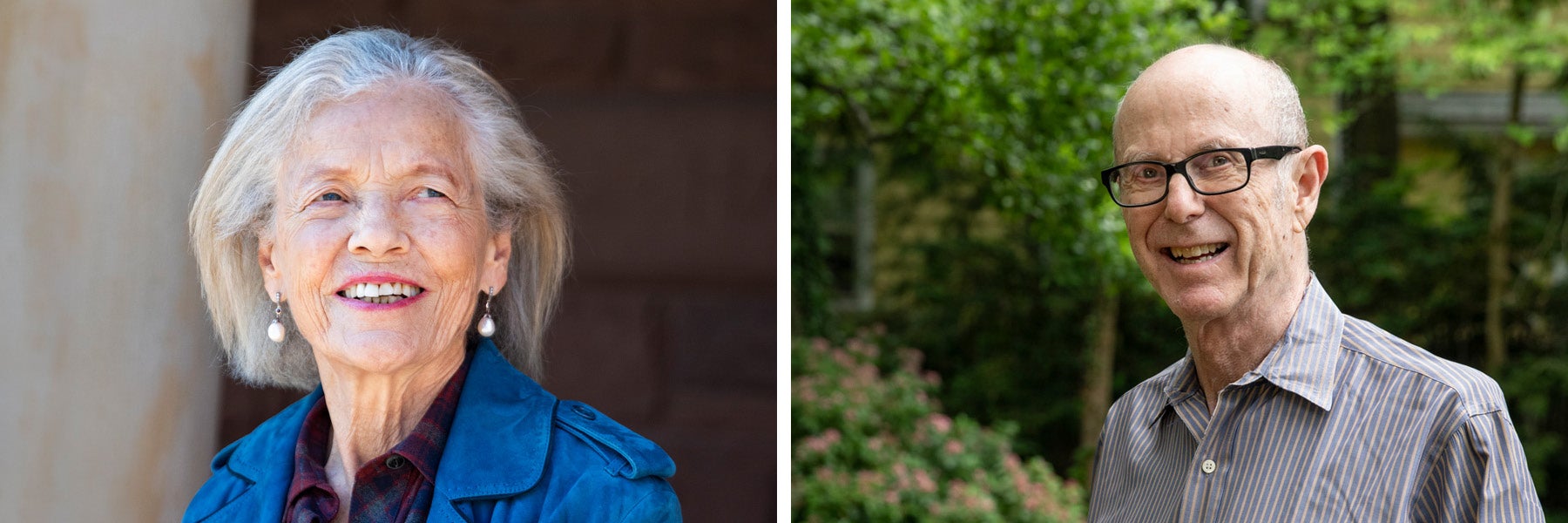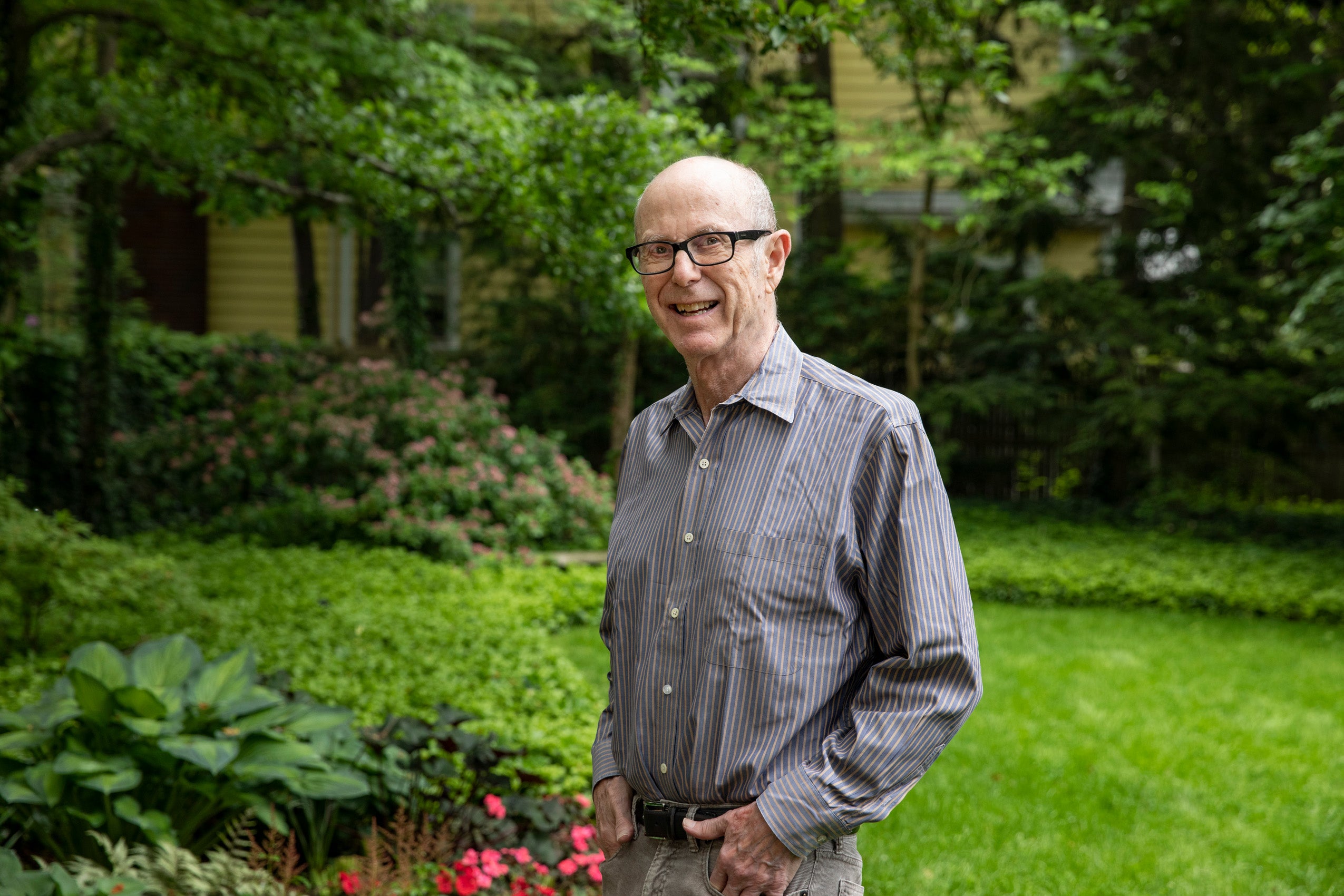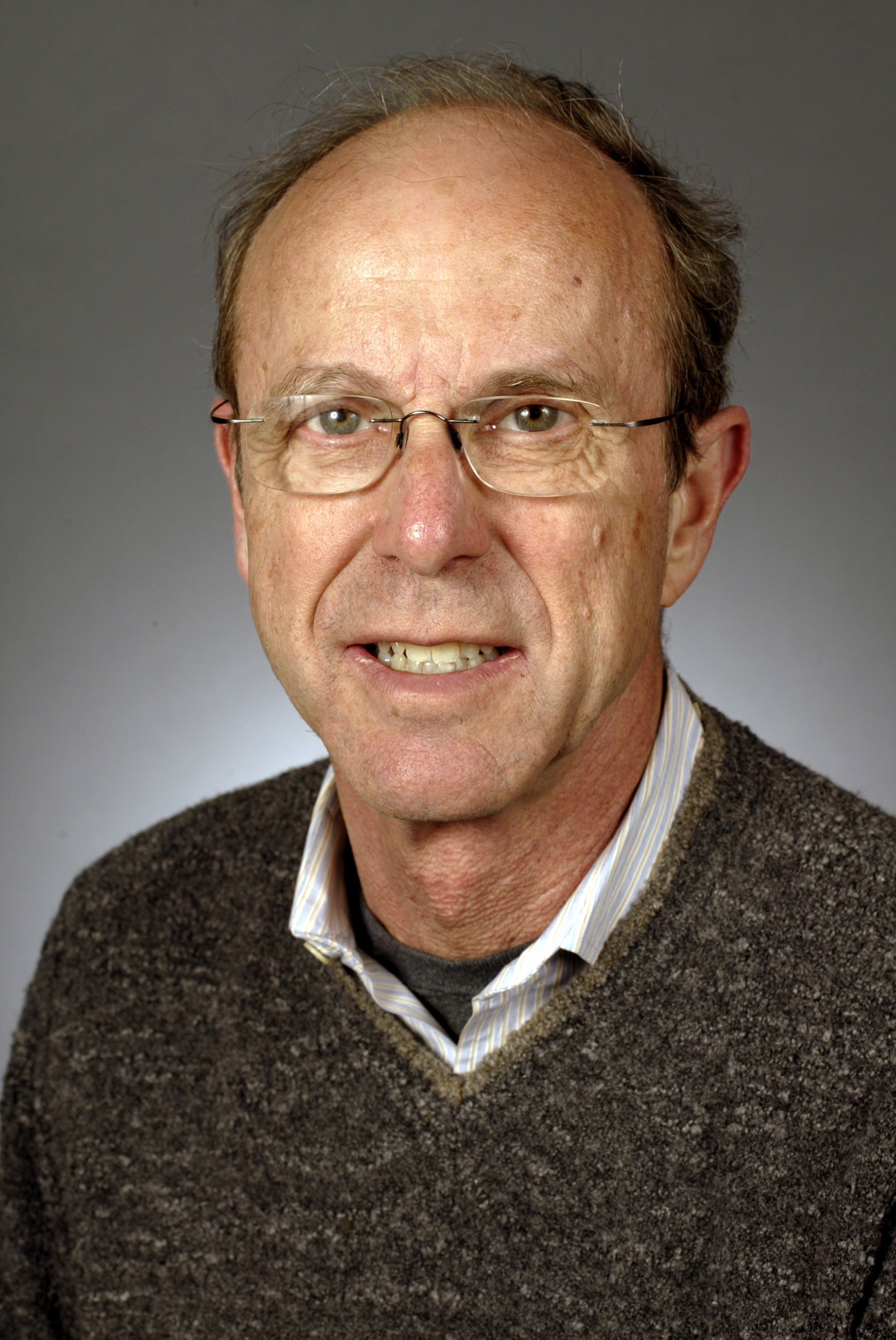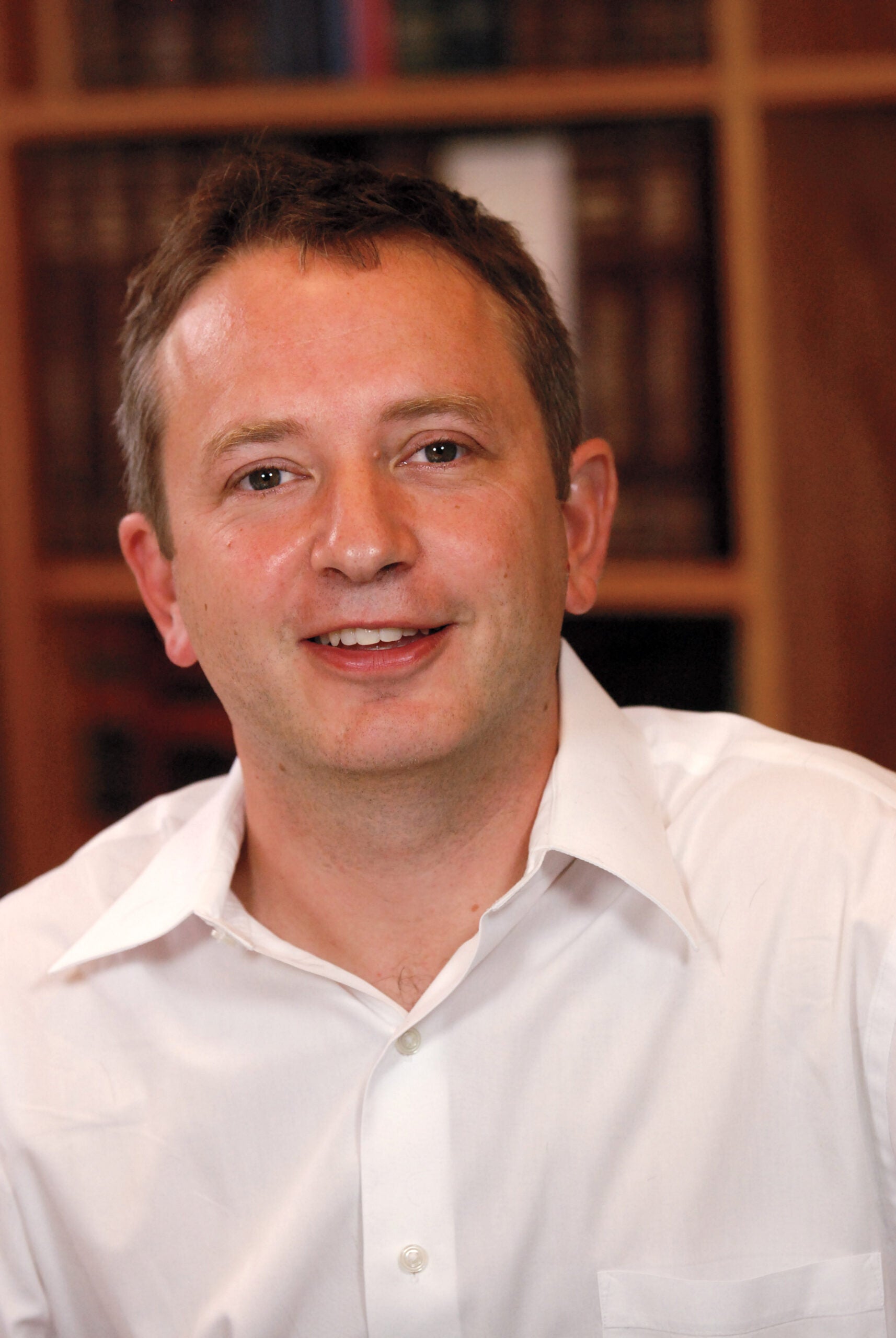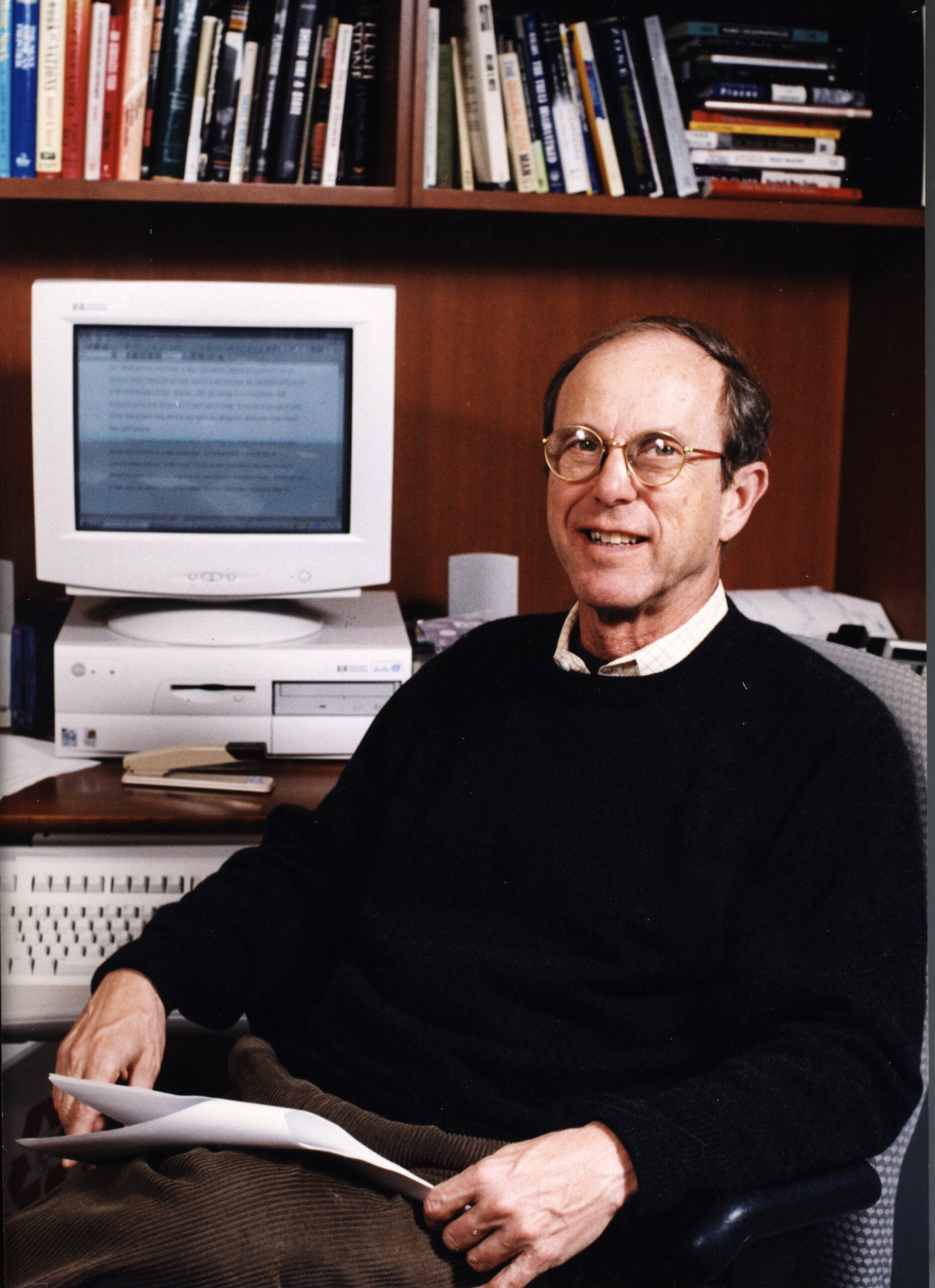People
Gerald Frug
-
Why Does Boston Have to Get Approval From The State To Cancel Its Own Special Mayoral Election?
February 11, 2021
Multiple members of Boston's delegation in the Masachusetts statehouse said Monday that state approval looks likely for the cancellation of a special mayoral election that after Mayor Marty Walsh’s resigns to become U.S. labor secretary. If the current election schedule goes forward, the city would potentially hold four contests — a special election, the regularly scheduled November contest, and preliminary elections preceding each — within five months. But unless the legislature approves Boston's request, the city can't do away with a special election. That got us here at GBH's Curiosity Desk to ask why...Here in Massachusetts, home rule became the law of the land in the 1940s. "Home rule, it sounds great," said Gerald Frug, a professor at Harvard Law School. "You can do what you want. But there’s less there than meets the eye." "There’s a home rule grant to cities that allows them to do certain things without going to the legislature every time. But that’s a limited set. It’s more limited than people think," Frug added. The upshot is that even with home rule, cities and towns still must still seek approval from the legislature for all sorts of things — including, but not limited to, elections.
-
Mayor Elect Perkins Announces Transition Team
December 17, 2018
Mayor-elect Adrian Perkins ['18] will takeover as Mayor of Shreveport on December 29th. Ahead of being sworn in, Perkins has announced the members of his 15 person transition team. His team includes business leaders, educators, service men and Harvard faculty members. ... The members of the Mayor-Elect's transition team are: ... Professor Gerald Frug, the Louis D. Brandeis Professor of Law at Harvard Law School.
-
Red State, Blue City
February 2, 2017
The United States now has its most metropolitan president in recent memory: a Queens-bred, skyscraper-building, apartment-dwelling Manhattanite. Yet it was rural America that carried Donald Trump to victory; the president got trounced in cities...American cities seem to be cleaving from the rest of the country, and the temptation for liberals is to try to embrace that trend...Some states delegate certain powers to cities, but states remain the higher authority, even if city dwellers don’t realize it. “Most people think, We have an election here, we elect a mayor and our city council, we organize our democracy—we should have a right to control our own city in our own way,” says Gerald Frug, a Harvard Law professor and an expert on local government. “You go to any place in America and ask, ‘Do you think this city can control its own destiny?’ ‘Of course it can!’ The popular conception of what cities do runs in direct conflict with the legal reality.”
-
Blue Cities, Red States
August 22, 2016
When Denton, Texas, passed a fracking ban in November 2014, it was national news. The story seemed out of a movie, a David-and-Goliath tale in which a scrappy band of citizens goes up against big industry and wins. Located in the heart of oil and gas territory, the town is hardly a liberal bastion; its state representative is a staunch conservative, and among its biggest annual events is the North Texas State Fair and Rodeo. But residents were watching gas drills come closer and closer to their parks and schools. ...Preemption is a relatively cut-and-dry legal matter in most states. Localities are creations of the states and have whatever power states grant them. “For more than a century, it’s been understood that city power derives from state law,” says Harvard Law School professor Gerald Frug, co-author of City Bound: How States Stifle Urban Innovation. “A lot of the fights have to be done at the state [level].”, co-author of City Bound: How States Stifle Urban Innovation. “A lot of the fights have to be done at the state [level].”
-
The city-state returns
August 10, 2015
Five hundred years ago, cities were both smaller and more autonomous, their citizens happily exempt from the laws and obligations of the feudal countryside. Today, the situation is reversed. Roughly three-quarters of the developed world is urbanized. The bigger, richer, and more numerous that cities have become, the more their power has been absorbed by both nation-states and supranational bodies, like the European Union. ...Or, much like Congress on these issues, they might do nothing at all. Skeptics argue that the GPM threatens to add, not subtract, from the bureaucracy that makes it difficult for civic leaders to do their jobs. Some argue that mayors need more basic authority before lending it to others. Referring to Barber’s book, Harvard law professor Gerald Frug notes, “The more useful title would be ‘If Mayors Ruled Their Cities.’ ”
-
At HLS, Kathleen Morris makes the case for local constitutional law
October 18, 2011
In a lecture co-sponsored by the Harvard Civil Rights-Civil Liberties Law Review and the Federalist Society, San Francisco City Attorney Kathleen Morris made the case for local constitutional law, which would overturn a century of Supreme Court precedent. She was joined by HLS Professors David Barron and Gerald Frug, and Stanford Law Professor Richard Ford.
-
Professor Gerald Frug Wins Award from The Canadian Centre for Architecture and the LSE, will give the Stirling Memorial Lectures
October 4, 2010
The Canadian Centre for Architecture (CCA), in collaboration with the Cities Programme of the London School of Economics and Political Science (LSE), has announced the winner of the fourth international competition to give the James Stirling Memorial Lectures on the City. The jury selected Harvard Law School Professor Gerald Frug as the 2010-2011 Stirling Lecturer, for his project entitled "The Architecture of Governance."
-
2008 – Year in Review – Books
December 13, 2008
2008 was a prolific year for HLS scholars. Here is a roundup of this year’s faculty books.
-
Urban Legend
September 15, 2008
“City Bound: How States Stifle Urban Innovation,” forthcoming from Cornell University Press in December, examines how state laws shackle cities. Barron and Frug look at how state law determines what cities can and cannot do to raise revenue, control land use and improve schools.
-
Hearsay: Short takes from faculty op-eds
September 12, 2005
“People are rightly concerned that [the Supreme Court decision, in Kelo v. City of New London] will give cities license to take private homes just…
-
Gerald Frug’s Alternative Vision of Urban America
April 25, 2000
The Bulletin interviews Professor Gerald Frug about his new book which gives readers a sense of how the incentive system built into local government law has helped generate suburban sprawl.

